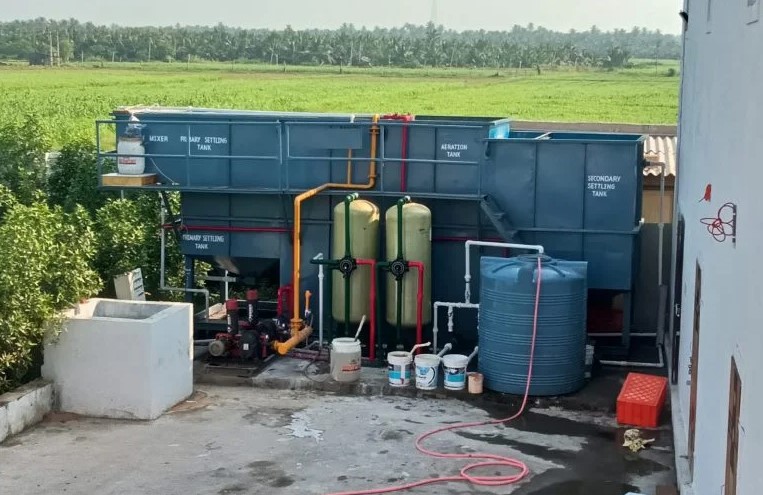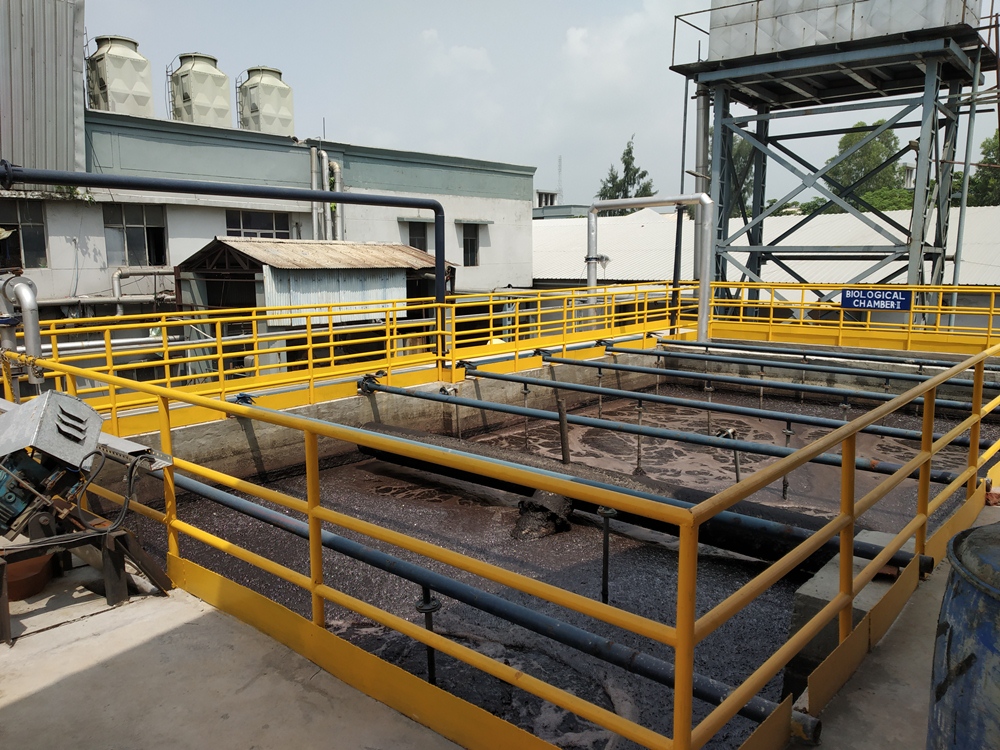
Sewage Treatment Plants (STPs) are vital for managing wastewater and ensuring the protection of public health and the environment. In Bangladesh, where rapid urbanization and industrialization present significant challenges, companies like MBELBD are leading the charge in developing effective STP solutions. This article explores the importance of STPs, the treatment process, and how MBELBD is contributing to sustainable water management in Bangladesh.
The Treatment Process Explained
Preliminary Treatment:
Screens and Grit Chambers: At MBELBD, the initial phase involves filtering out large solids and debris through screens and grit chambers. This step prevents damage to equipment and prepares the wastewater for more intensive treatment.
Primary Treatment:
Settling Tanks: Wastewater is directed into large settling tanks where gravity separates solids from liquids. The settled sludge is collected, while the liquid moves to secondary treatment.
Secondary Treatment:
Biological Processes: MBELBD employs advanced biological methods, such as the activated sludge process, to effectively break down organic matter. Aeration tanks promote the growth of microorganisms that digest contaminants.
Tertiary Treatment:
Filtration and Disinfection: To meet stringent water quality standards, MBELBD uses advanced filtration techniques and disinfection methods, such as UV radiation, to eliminate remaining pathogens and pollutants.

Stabilization and Dewatering: The sludge undergoes stabilization processes, often involving anaerobic digestion, which not only reduces odors but also generates biogas that can be used as an energy source.
Environmental and Social Benefits
Water Quality Improvement: By effectively treating wastewater, MBELBD contributes to enhancing the quality of water bodies in Bangladesh, thereby protecting local ecosystems.
Public Health Safeguards: STP designed and implemented by MBELBD play a crucial role in reducing the incidence of waterborne diseases, and ensuring safer living conditions for communities.
Resource Recovery: MBELBD is committed to innovative solutions that allow for the recovery of valuable resources from wastewater, promoting sustainability and circular economy practices.
Challenges Facing STP in Bangladesh
Aging Infrastructure: Many existing facilities require significant upgrades to meet modern treatment standards, presenting challenges for companies like MBELBD.
Funding and Resources: Securing funding for new projects and upgrades is essential for expanding the capacity and efficiency of STP across the country.
Population Growth: The rapid increase in population leads to higher volumes of wastewater, necessitating the development of more efficient STPs to manage this growth.
Innovations by MBELBD
Decentralized Systems: MBELBD is pioneering decentralized STP solutions that provide effective treatment closer to the source of wastewater generation, particularly in rural and semi-urban areas.
Smart Technology Integration: By employing IoT sensors and data analytics, MBELBD enhances the efficiency of treatment processes, allowing for real-time monitoring and predictive maintenance.
Constructed Wetlands: MBELBD explores natural treatment systems, such as constructed wetlands, as an eco-friendly alternative for smaller communities, integrating sustainability into water management.
MBELBD is at the forefront of addressing the wastewater management challenges in Bangladesh through the establishment of effective STPs. By utilizing advanced technologies and innovative solutions, the company is committed to improving water quality, safeguarding public health, and promoting sustainable practices. As Bangladesh continues to grow, the role of STPs will become increasingly critical, and MBELBD is dedicated to leading this essential endeavor for a cleaner, healthier future.
Effluent Treatment Plant (ETP) in Bangladesh.
